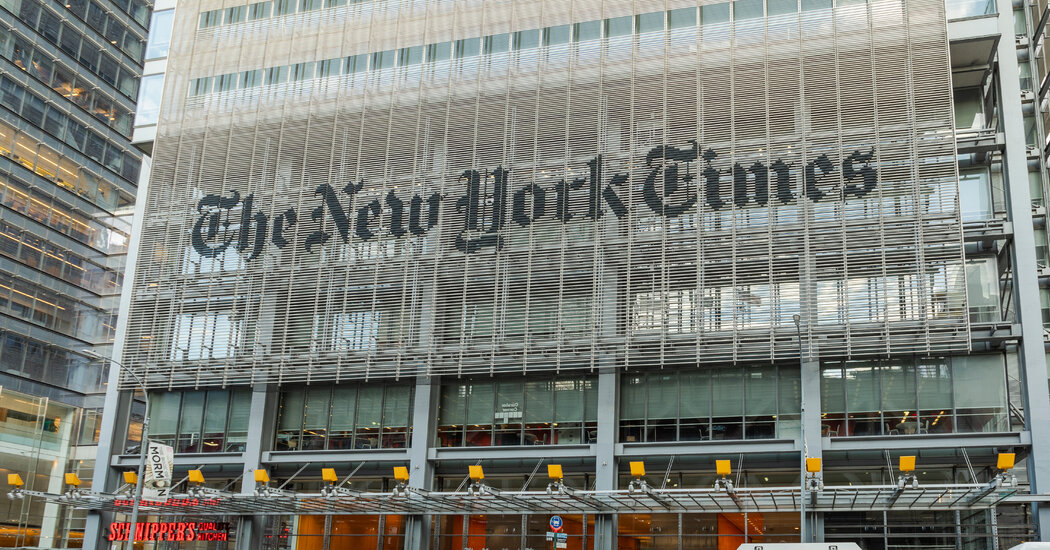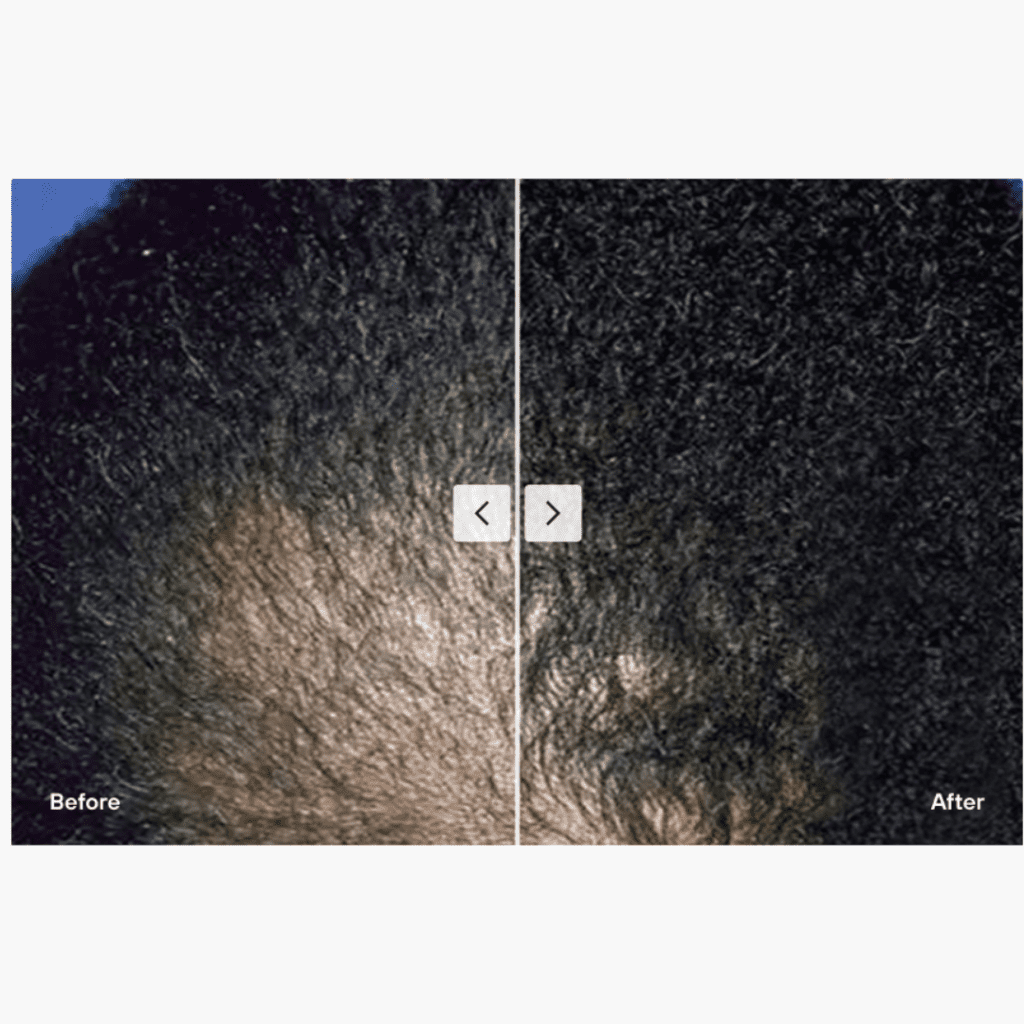
A New York trial court judge on Tuesday issued a clarification in an order that has temporarily prevented The New York Times from seeking out or publishing certain documents related to the conservative group Project Veritas, allowing The Times some latitude to report on the organization until a final ruling is reached.
The clarification, by Justice Charles D. Wood of State Supreme Court in Westchester County, came in response to a formal request from Times lawyers on Monday. In the request, The Times asked that the order be dissolved, while also requesting that the court clarify what it could and could not publish.
Justice Wood’s original order, issued on Nov. 18, came about as part of a lawsuit filed by Project Veritas in 2020 that accused The Times of defamation because of its description of the group’s reporting practices. In the order, Justice Wood ordered that The Times cease further efforts to solicit or acquire attorney-client privileged material, effectively limiting the newspaper’s ability to report on Project Veritas.
The Times’s executive editor, Dean Baquet, has described the initial ruling as “unconstitutional” and “a dangerous precedent” for silencing the work of reporters.
Project Veritas is under investigation by the Justice Department for its possible involvement in the theft of a diary belonging to President Biden’s daughter, Ashley. In its coverage of the investigation, The Times published an article on Nov. 11 that quoted memos prepared by lawyers for Project Veritas that commented on methods for the group to practice its style of reporting without breaking federal law. The memos predate, by several years, the libel case against The Times.
The Project Veritas leader, the provocateur James O’Keefe, has used false identities and surreptitious cameras to create videos aimed at embarrassing liberals, labor groups, news outlets and Democratic politicians.
After the article was published, Project Veritas filed a motion with the court, arguing that The Times had breached its right to attorney-client privilege by disseminating the memos. The group also accused the paper of trying to embarrass a litigation opponent.
In his clarification on Tuesday, Justice Wood wrote that last month’s order did not bar The Times “from receiving attorney-client privileged material” from anyone whom Project Veritas authorized to waive privilege or from publishing “such information and material” it had obtained that way. He also specified that The Times could publish such material if it became publicly available independent of Times action. The clarification also made clear that The Times was free to interview Project Veritas lawyers.
A lawyer for Project Veritas did not immediately reply to a request for comment. In a brief filed on Dec. 1, lawyers for the group argued that The Times was “dressing up its arguments in First Amendment” law.
Danielle Rhoades Ha, a Times spokeswoman, said in a statement on Tuesday: “While these changes are welcome, we continue to believe that the order is an unconstitutional prior restraint that should be dissolved.”







